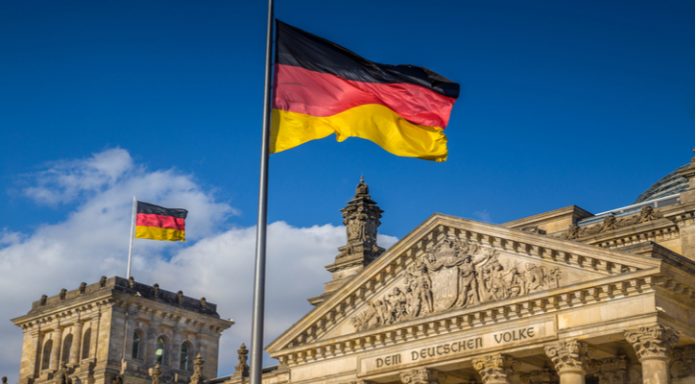- Pound (GBP) falls for a second straight day
- BoE governor Andrew Bailey warned over inflation shock
- Euro (EUR) rises on Ukrain peace talk optimism
- German GFK consumer confidence data due
The Pound Euro (GBP/EUR) exchange rate is edging lower extending losses from the previous session. The pair lost -0.68% on Monday, settling at €1.1914, after trading in a range between €1.1903 – €1.2019. At 05:45 UTC, GBP/EUR trades -0.02% at €1.1911.
The pound fell in the previous session following a stark warning from the Bank of England Governor Andrew Bailey, that a slowing in economic growth was starting to be seen by the central bank. Andrew Bailey warned that the shock to incomes in the UK that comes from rising energy prices would be even more significant than the hit to incomes seen in the 1970s due to the Ukraine war.
Following the Russian invasion and Western sanctions, oil and energy prices have surged higher, putting massive pressure on UK households. The BoE is attempting a challenging balancing act of reining in inflation by raising interest rates while avoiding pushing the economy into recession.
The BoE has hiked rates three times in 3 consecutive meetings, and there is a growing expectation that they could hike interest rates again at the next meeting in May.
Looking ahead, the BoE is due to release its quarterly report today, which could shed more light on how the central bank sees the performance of the UK economy.
The euro managed to push higher at the start of the week, boosted by optimism surrounding peace talks between Russia and Ukraine which are due to resume in Turkey this week. However, so far, peace talks have resulted in little tangible progress.
Looking ahead, tomorrow sees the release of data from Germany. Firstly, the GFK consumer confidence index could add pressure to the euro. The index is expected to fall to -12 in April, down from -8 in March.
Consumer confidence is expected to continue to come under pressure as the cost-of-living surges and will continue rising amid the ongoing fallout from the Russian war.





